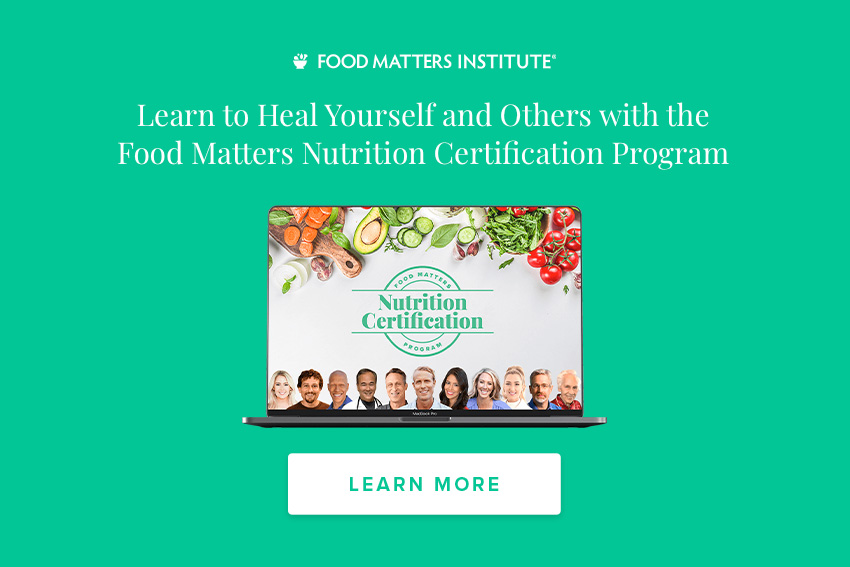Bio-Individuality: How to Navigate Nutritional Needs Through Life's Stages
At Food Matters, we believe that understanding bio-individuality—the unique nutritional needs of each person—is crucial to achieving optimal health. Just as no two people are alike, our nutritional requirements evolve as we journey through different stages of life. To understand more about bio-individuality, you can read this article HERE.
Let's explore how bio individuality changes from childhood to old age and why it's essential to adapt our diets accordingly.
Childhood nutrition: building the foundation
In the early years, a child's nutritional needs are geared towards rapid growth and development. Calories, protein, and essential vitamins and minerals are critical for building strong bones, developing brain function, and supporting overall physical growth. High-energy foods, such as healthy fats, whole grains, and ample fruits and vegetables, provide the necessary fuel for this vibrant stage of life. Parents should focus on introducing a variety of foods early in life to help children develop a broad palate and establish healthy eating habits.
Adolescence nutrition: navigating growth spurts
The teenage years are marked by significant growth spurts and hormonal changes, necessitating increased nutrient intake. Adolescents often require more iron, calcium, and protein to support muscle development, bone growth, and hormonal balance. Additionally, the high demands of school, extracurricular activities, and social life can lead to irregular eating patterns, making it crucial to emphasize balanced meals and healthy snacks. Addressing these unique needs can help prevent common issues such as anemia and promote sustained energy levels.
Adulthood nutrition: maintaining balance
Adulthood brings a shift from growth to maintenance. Metabolic rates may begin to slow, and lifestyle factors such as career demands, family responsibilities, and stress can impact dietary choices. Nutrient-dense foods that support sustained energy, mental clarity, and overall well-being become essential. Adults should focus on a balanced intake of lean proteins, whole grains, healthy fats, and an abundance of fruits and vegetables. Hydration and regular physical activity also play vital roles in maintaining health and preventing chronic diseases.
Pregnancy and lactation nutrition: supporting new life
For women, pregnancy and lactation introduce unique nutritional demands. Increased intake of certain nutrients, such as folic acid, iron, calcium, and omega-3 fatty acids, is essential to support fetal development and maternal health. A diet rich in diverse whole foods ensures that both mother and baby receive the necessary vitamins and minerals they need. Proper nutrition during these stages can also influence the child's health outcomes and support the mother's recovery postpartum.
Senior years nutrition: adapting to new needs
As we age, our bodies undergo various changes that affect nutritional needs. Muscle mass tends to decrease, and the risk of chronic diseases such as osteoporosis, heart disease, and diabetes may increase. Seniors often require more calcium, vitamin D, and fiber to maintain bone health, support immune function, and promote digestive health. Additionally, taste and appetite may change, necessitating more attention to nutrient-dense, flavorful meals that are easy to prepare and digest.
Understanding and embracing bio-individuality means recognizing that our nutritional needs are not static. They evolve with age, lifestyle, and health status. By paying attention to these changes and adjusting our diets accordingly, we can support our bodies' unique requirements at each life stage. Whether it's through personalized meal planning, consulting with nutrition experts, or simply being mindful of how our bodies respond to different foods, honoring bio individuality is a powerful way to achieve lifelong health and wellness.
At Food Matters, we champion the concept of bio-individuality, encouraging everyone to listen to their bodies and adapt their diets to meet their ever-changing needs. By doing so, we can nourish ourselves more effectively and live healthier, more vibrant lives at every stage.
Do you have a passion for nutrition & natural healing?. Learn more about the Food Matters Nutrition Certification Program here.










